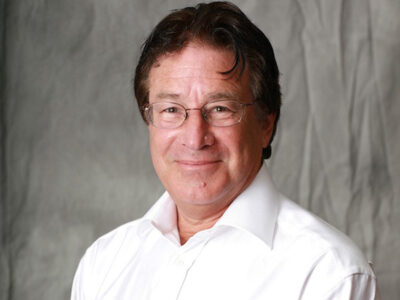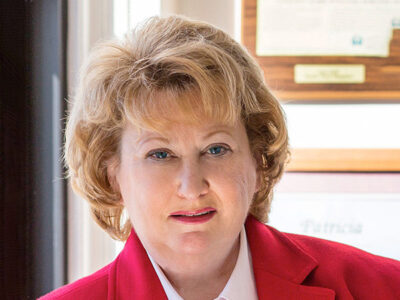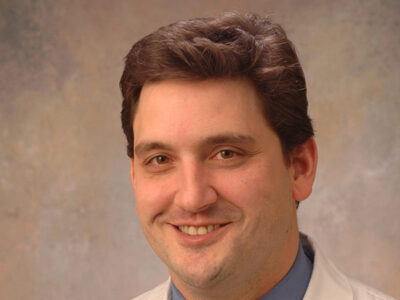The Cancer Letter sent the following questions to the University of Utah and a nearly identical list of questions to Soon-Shiong's spokesperson. Julie Kiefer, manager, scientific communications at the University of Utah, provided responses to these questions. No response was received from Soon-Shiong's offices.

















